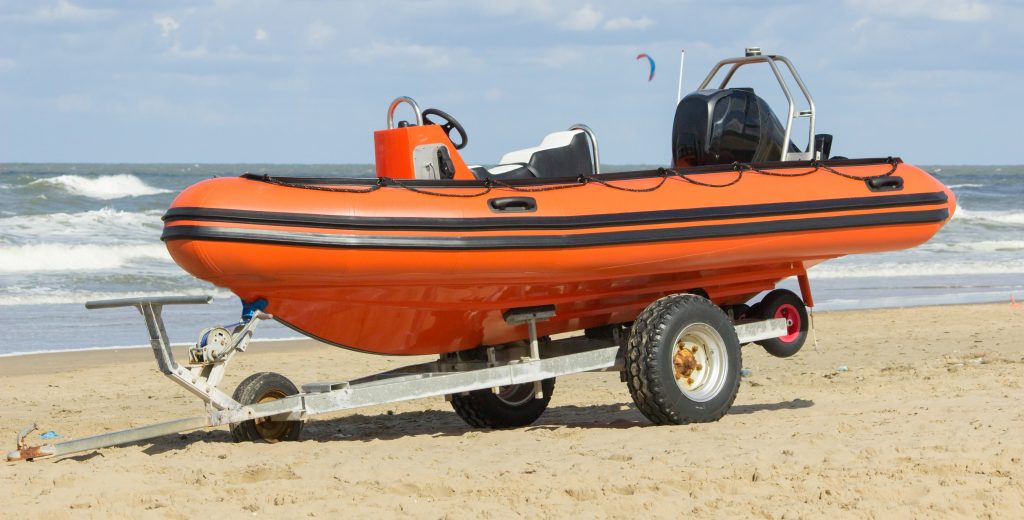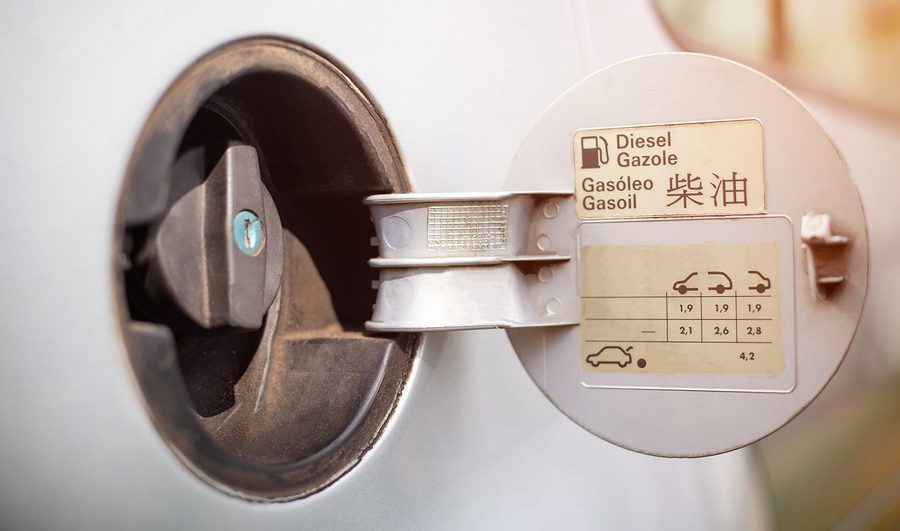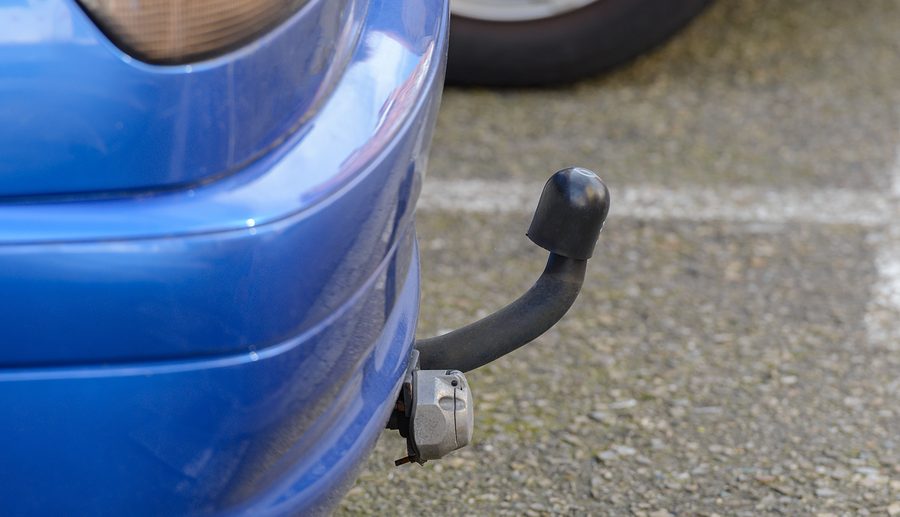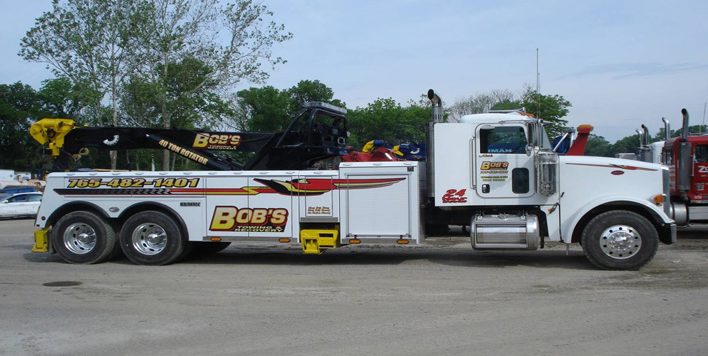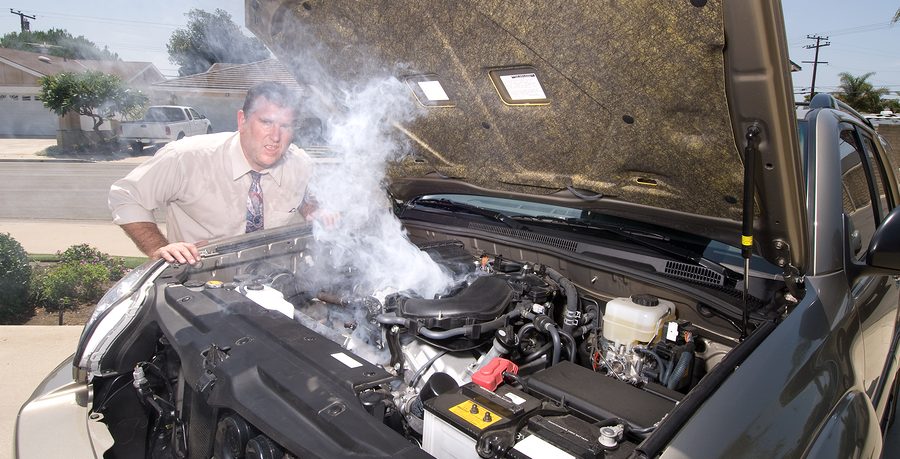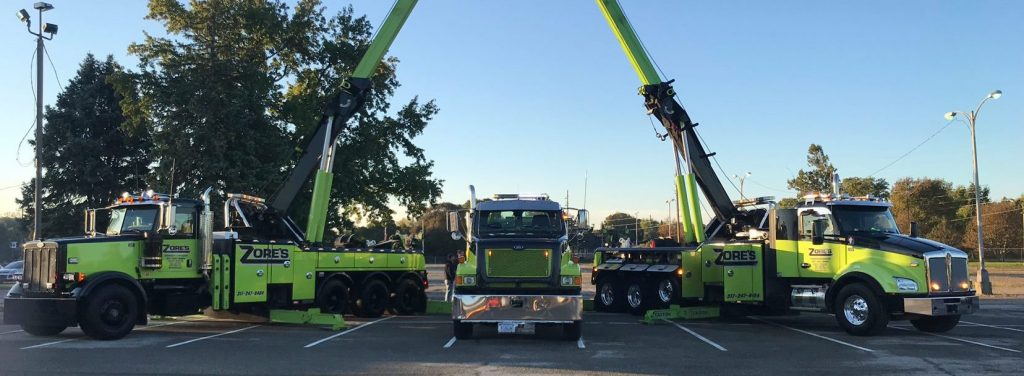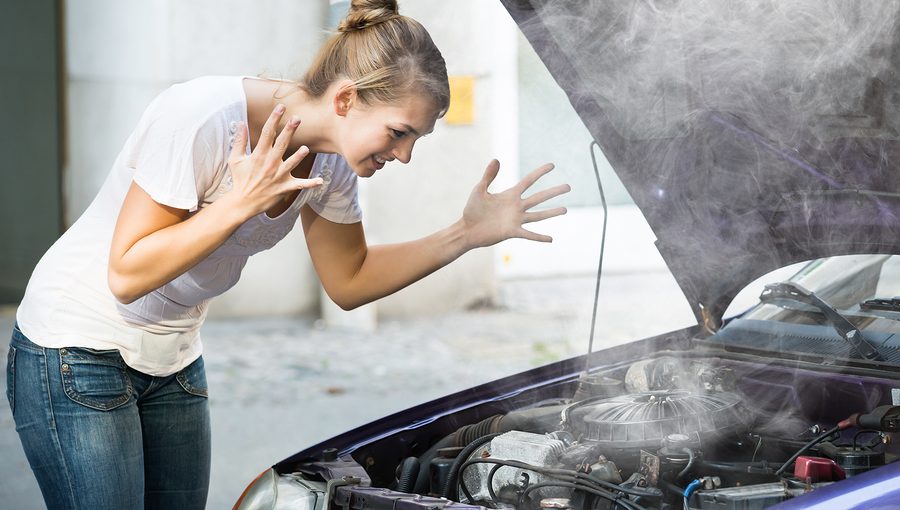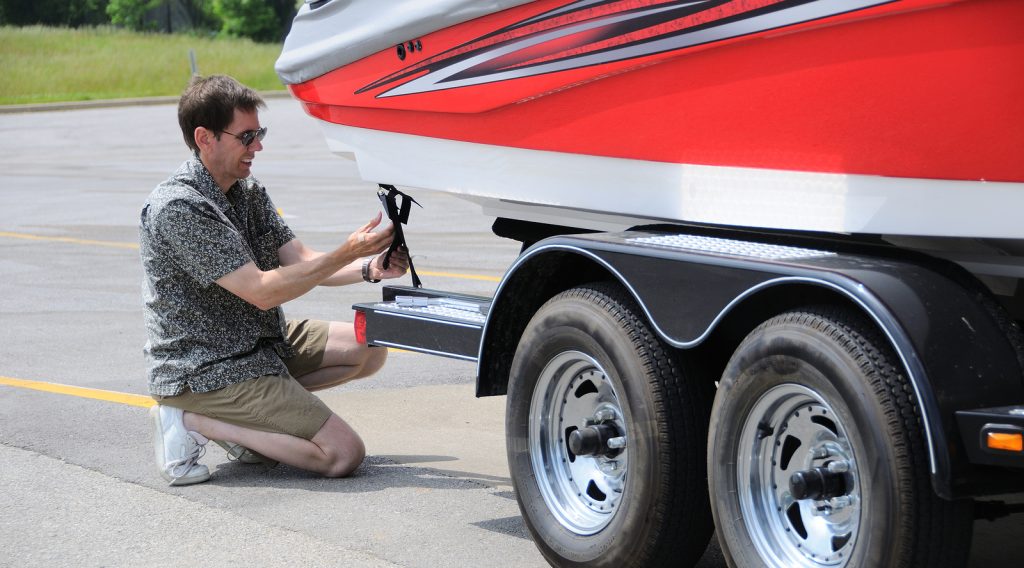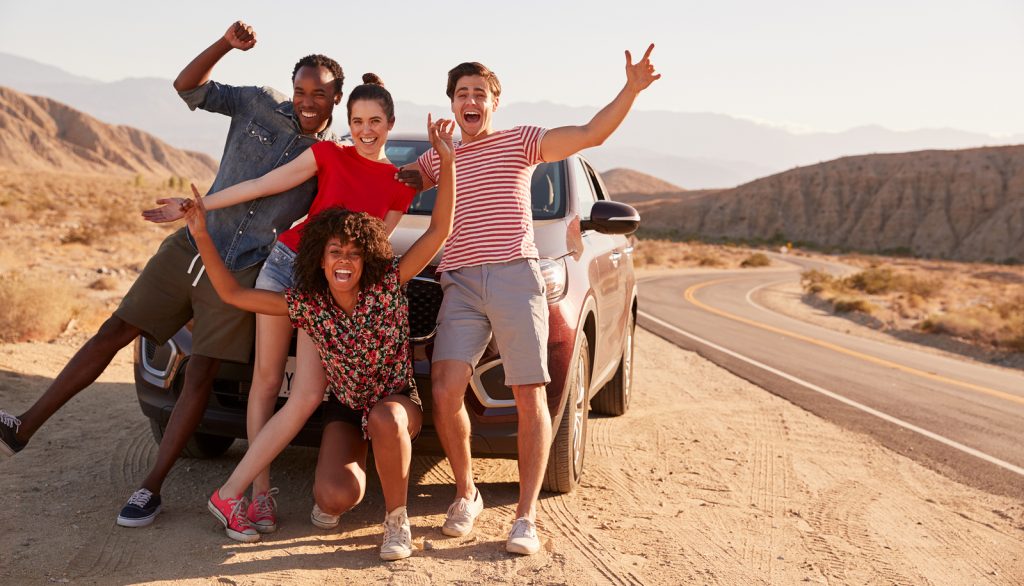When a vehicle is towing a heavier load, it usually does so at lower speeds. This combination causes the vehicle’s engine to use more power (torque) to get the job done. In order to combat automotive transmission damage to a vehicle when towing a heavy load or cargo, you must adhere to some fundamental towing guidelines.
Continue reading to learn some tips that will help you ensure your transmission remains protected while towing heavy freights.
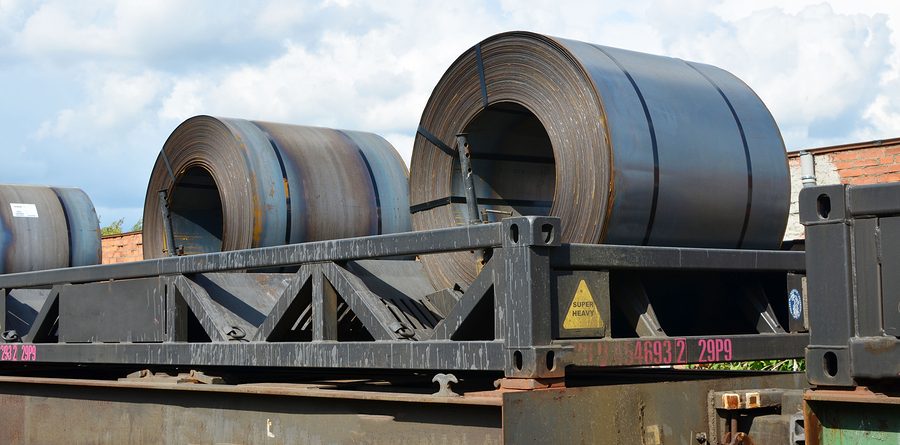
Manual vs. Automatic Transmission
The style in which you tow a heavy load will mostly depend on the type of transmission your towing vehicle uses, and the weight of your freight. If your towing vehicle has an automatic transmission, you will need to install a towing package. Another option for automatic transmission towing is to install a transmission fluid temperature warning that will inform you if your transmission or coolant gets too hot. If you are operating on a manual transmission, driving up hills and similar feats will be easier to manage, as they won’t heat up the radiator fluid too much. Be sure to refer to your owners’ manual for information for your towing vehicle’s specifications and manufacturer recommendations.
Transmission Overheating
Transmissions tend to overheat when being used in first and second gear, like in the instance of hills and stopped traffic. They can also overheat in 3rd or 4th gear at high speeds, such as interstate driving. If this happens, the torque converter lock might disengage, so you will have to engage the overdrive cancel feature. To prevent overheating, keep your engine above 3000 RMP’s when climbing a hill, and simply downshift from there as necessary. Also, if you are stuck in traffic, be sure to use the break, and do not scoot along the whole time.
Never drive a vehicle that is overheating. This can cause major damages to the engine, and possibly lead to an entire engine replacement altogether. Replacing or purchasing a new engine can be very expensive; which is why people turn to rebuilt engines in order to save some cash. Stop driving and safely pull over as soon as your car engine begins to overheat. Then contact a local towing company to have your vehicle towed to the nearest auto repair shop for inspection and service.
Where to Find Professional Towing Assistance
Call Zore’s Towing at 317-247-8484 for safe and affordable Indianapolis tow truck services you can trust. Our licensed and insured tow truck operators provide punctual and prompt tow truck services, 24 hours a day and 7 days a week! We also provide numerous community services, roadside assistance services, wrecker and recovery services, and much more. Call 317-247-8484 to request a free estimate, anytime!


